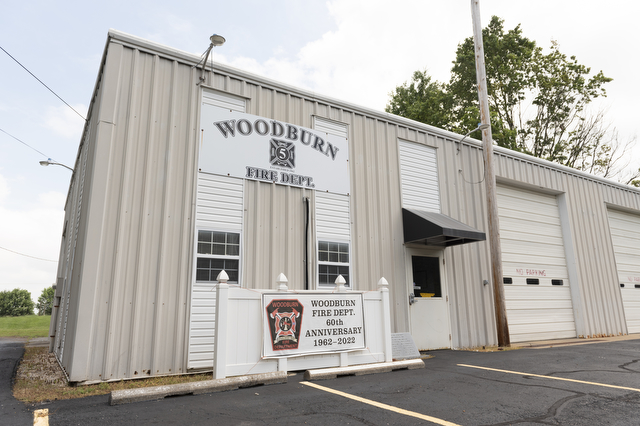Part of lawsuit against state cabinet moves forward
Published 7:41 am Friday, April 22, 2016
GLASGOW — A judge has allowed some claims against Kentucky Transportation Cabinet employees in a lawsuit related to the 2012 death of a construction worker during a Barren County job to proceed to trial.
The case centers on an Oct. 8, 2012, incident on Ky. 90 in which a concrete retaining wall form toppled as workers from Vanmeter Contracting were pouring concrete into the form from a scaffold about 12 1/2 feet off the ground.
One of the Vanmeter employees, Kenneth Decker, 63, of Bee Spring, died from blunt force trauma after being thrown from the scaffold and striking a crane.
Three other workers at the site were injured, and they joined Kenneth Decker’s widow, Velma Decker, in filing a lawsuit in 2013 against Kentucky Transportation Cabinet District 3 chief engineer Greg Meredith and six of Meredith’s colleagues.
Scotty’s Contracting, which had the project contract from the state, and Vanmeter, which acted as a subcontractor, were also named as defendants in the lawsuit, which sought to hold the defendants liable for negligence in connection with Kenneth Decker’s death and the injuries of the other workers.
The defendants filed a motion for summary judgment in their favor, and after a hearing earlier this year, Barren Circuit Judge John Alexander entered an opinion Monday denying summary judgment on some claims while granting it on others.
As part of its lawsuit against the highway department employees, Velma Decker and her co-plaintiffs, represented by attorney Mike Breen, argued that the state employees had an obligation to recognize the lack of fall protection and other hazards on site and to stop work on the project until those matters were corrected. The transportation cabinet was also required to inspect the forms prior to the pouring of concrete, according to court records.
The toppling of the form was an abdication of responsibility by the state transportation employees that caused the fatality and the injuries, according to Velma Decker’s claim.
The state transportation officials, represented by attorney Tom Kerrick, disputed the claim, but Alexander ruled in favor of the plaintiffs.
“What the effect of a (work) stoppage would have been is to a very large degree speculative, but the unavoidable fact remains that the timing of the entire sequence of events would have changed had defendants done their duty and stopped work while the issues were being addressed,” Alexander wrote. “Whether that would have prevented plaintiffs’ injuries is a question of fact.”
The transportation cabinet defendants argued that Vanmeter failed to properly secure the formwork for the concrete retaining wall and that the subcontractor was responsible for designing the wall and for the correct installation of anchor bolts on concrete forms, essentially saying that Vanmeter’s actions supersede any grounds for liability against Meredith and the other officials.
Alexander, however, denied summary judgment on the superseding cause argument, finding that Meredith and his colleagues were in a position to foresee the injuries at the site, “because construction sites are inherently dangerous, especially when safety regulations are not being followed.”
Alexander’s ruling dismissed Vanmeter Contracting from the lawsuit, determining that, while Vanmeter assumed responsibility for the accident, it had no contractual obligation to reimburse the transportation cabinet or its employees pr hold them harmless for any negligence.
A claim of negligence under state law against the cabinet employees was also dismissed, with Alexander finding that Velma Decker and the other plaintiffs relied on violations of Occupational Safety and Health Administration regulations rather than a state statute to make a claim for negligence.
— Follow courts reporter Justin Story on Twitter @jstorydailynews or visit bgdailynews.com.





